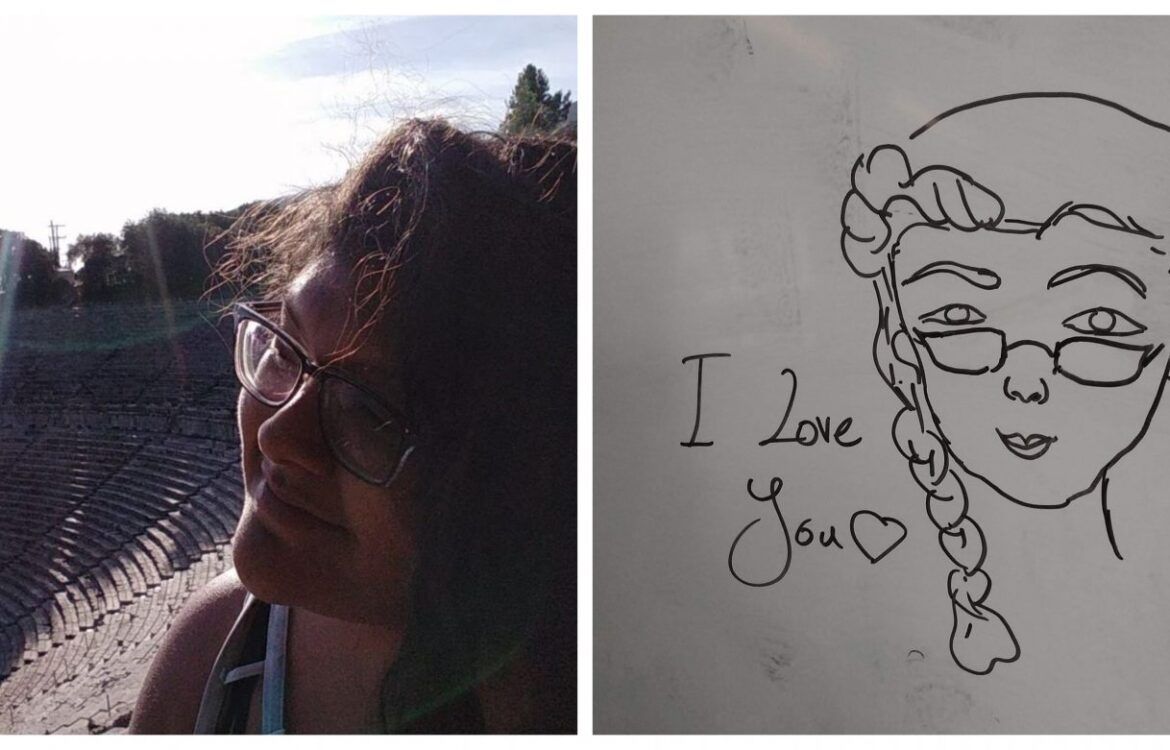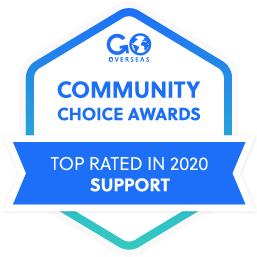
Humanizing Athens: Volunteering at METAdrasi
Zaidi Barreto has a knack for languages. As a senior classics major, she’s at the advanced level in Latin and Ancient Greek, and she started taking Modern Greek as a CYA student this fall semester. After her full year with College Year in Athens, she hopes to enter graduate school in order to become a teacher. For this reason, she was the perfect fit for a volunteer role that would let her practice teaching while taking action on an issue she cares about: teaching English to refugee children with METAdrasi.
The first time Zaidi heard about METAdrasi was in an email from Nadia Meliniotis, CYA’s Executive Director of Student Affairs, before the start of the CYA academic year, with a call for student volunteer applications. She began researching more about the organization dedicated to “Action for Migration and Development.”
“The end goal for me is to be a teacher, and I wanted that kind of experience,” Zaidi says. “Also, with all of the turmoil going on in the [United] States with refugees and with immigrants…I wanted to do what I could to help the situation here in Greece. And then I found METAdrasi…and I looked at their mission statement and all of their information, and I just knew that I had to try. And then they accepted me!”
METAdrasi’s mission statement, specifically, emphasizes protecting the human rights of displaced peoples. The nonprofit’s many services assist refugees with healthcare, interpretation and translation, education, childcare, and more. After sending an application and cover letter and having an interview, Zaidi was chosen to teach an integrated English class. Her sessions each Friday are meant to prepare students for English 101—Zaidi compares it to picking up language basics in CYA’s Survival Greek sessions.
Zaidi’s students make up a range of ages—the class is for twelve to eighteen year olds—and of different backgrounds with English. There is no “typical day” of volunteering; she’s learned to adapt her lessons on the fly depending on what her class looks like each week.
“The kids kind of filter in and out, and we sometimes have to repeat things because everyone’s at a different level of understanding when it comes to English,” she explains. “Some of the kids already know the present tense, can communicate ideas…some kids don’t know how to read the alphabet, don’t even know how to communicate in English yet. So you kind of have to work around the kids that you get on a day to day basis.”

METAdrasi logo. (Credit)
That kind of impromptu adjustment can be difficult, but for Zaidi, the time spent working with the class she proudly calls “my kids” is beyond rewarding. Her sessions use Hangman and other games to make picking up English vocabulary fun. The class has a strong bond with Zaidi, too—her students regularly collaborate to draw portraits of her (including the artwork, right, in the header).
Shaping weekly lessons has taught Zaidi how to explain concepts to students at different levels, and she’s learned a lot about how to manage a mixed-ages classroom. She’s sure those skills will help her with her future plans to teach Latin or Ancient Greek. For now, though, she’s focused on serving the community she’s found.
“Athens has become, over time, more humanized and real,” she says. “Just working with [METAdrasi] gives me a higher, more realistic opinion of Athens as a whole…through this group, it’s obvious that they do want to take care of these people.”





